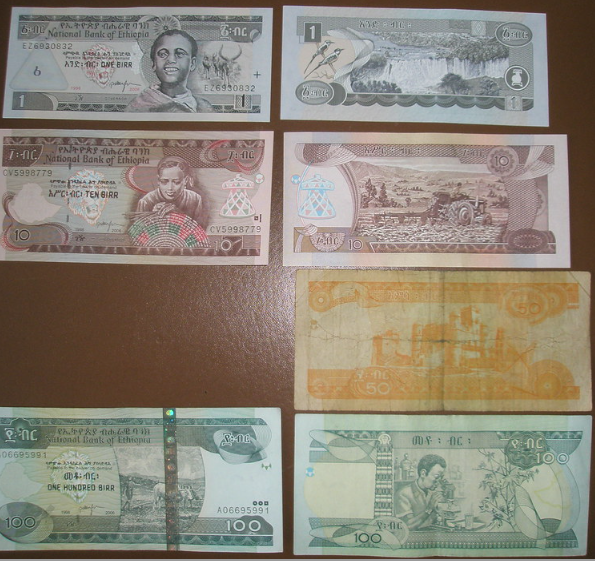Ethiopia, Africa’s second most populous nation with nearly 110 million people, became the continent’s third country in as many years to default on its international debt. On Dec 14 2023, Ethiopia failed to make a $33 million “coupon” payment on its only international government bond. The payment, originally due on Dec 11, was covered by a 14-day grace period, which expired on December 26. Despite this extension, bondholders had not received the payment by the close of the last international banking day on December 22, according to two sources familiar with the matter.
The financial strain on Ethiopia has been exacerbated by the COVID-19 pandemic and a two-year civil war that concluded in November 2022. The federal government and a rebellious regional authority signed a peace agreement in late 2022, but the economic damage was already done. Ethiopia has not received any International Monetary Fund (IMF) funds since 2020, and its last lending arrangement with the IMF went off track in 2021. The country’s financial situation has been further complicated by inflation, which is currently over 20%, and a severe cost of living crisis driven by the pandemic, global conflicts, and a devastating drought in parts of the country. Ethiopia is still recovering from the brutal civil war in the Tigray region, and other conflicts continue to flare up across the nation.
In early 2021, Ethiopia requested debt restructuring under the G20’s Common Framework, a process established in response to the COVID-19 pandemic to involve newer creditor countries like China. However, progress was initially delayed due to the ongoing civil war. As of March 2023, Ethiopia’s external debt stood at $28.2 billion, according to government data. In August 2023, Ethiopia secured a debt payment suspension from its largest bilateral creditor, China, which had committed to lending the country $14 billion between 2006 and 2022, according to Boston University’s Chinese Loans to Africa Database. Other bilateral creditors followed suit in December, but with a caveat: the relief could be canceled if Ethiopia failed to secure an IMF deal by March 31, 2024. When this deadline passed, it was extended to June 30, 2024.
There are widely varying estimates of the size of currency devaluation the IMF would accept, that could pave the way for a deal.
Irmgard Erasmus of research firm Oxford Economics said that she expects a weakening of 15% to coincide with an IMF staff-level deal on a bailout loan, a prerequisite for its external debt restructuring moving forwards.
“We retain the view that the IMF will require a good faith measure that solidifies Ethiopia’s intent to implement a more flexible FX (foreign exchange) regime,” she said in a note to clients. “(This) will set the scene for a series of stepwise devaluations on the path to FX liberalisation and monetary policy reform.”

The Ethiopian Central Bank announced a major revision to the country’s exchange rate system. Previously, the Ethiopian birr was pegged at a fixed rate of around 57 birr per U.S. dollar. On Friday, this fixed rate was scrapped, resulting in a sharp devaluation. By the end of the day, the birr had lost about 30% of its value, as of this article current Ethiopian birr trading at approximately 105.09 birr to the dollar.
The IMF views this as a positive step, advocating that all currencies should have market-driven exchange rates. In the long run, this shift could help Ethiopia, which has been facing a chronic foreign exchange shortage. A market-driven exchange rate is expected to more accurately reflect the birr’s value and potentially attract more foreign currency.
However, there is a significant risk. If the birr continues to plummet, the currency could enter a freefall, further crushing the Ethiopian economy. A cautionary tale can be seen in Nigeria, which last year abandoned its fixed exchange rate under IMF pressure. The Nigerian naira has since collapsed, with 400 naira to the dollar in June 2023 ballooning to around 1500 naira per dollar recently. The currency’s decline shows no signs of stabilizing, leading to rampant inflation and severe economic strain, particularly on the nation’s poor.
Ethiopia’s financial gamble is a precarious one, with the potential for far-reaching consequences if the birr’s value continues to decline. The outcome of this economic strategy remains uncertain, and the international community is closely watching Ethiopia’s next moves. If the government fails to secure the necessary funds, an IMF loan approval must be conditioned on implementing measures to curb Addis Ababa’s rampant corruption, restore press freedom and other civil liberties, and end the civil war and its related humanitarian abuses in Amhara and other regions.

